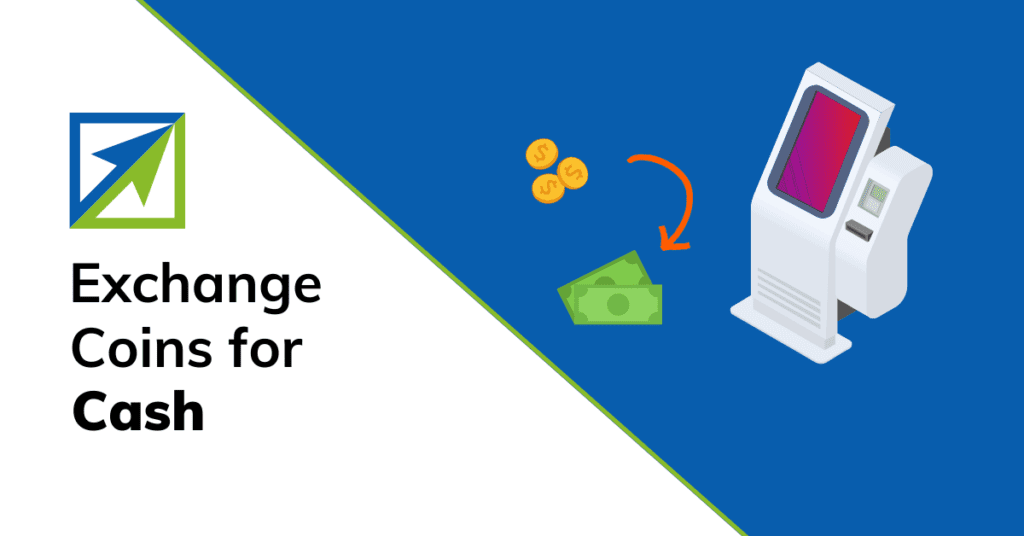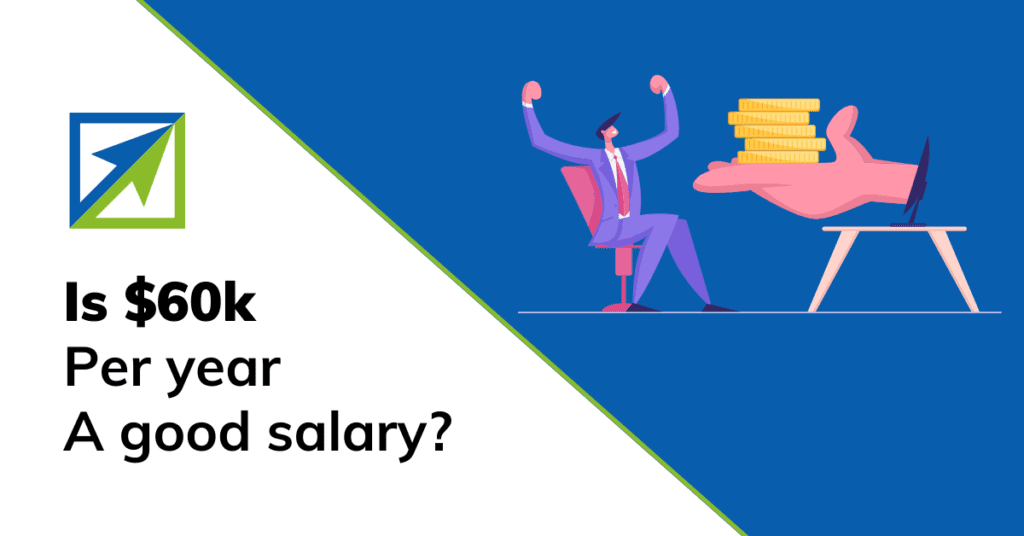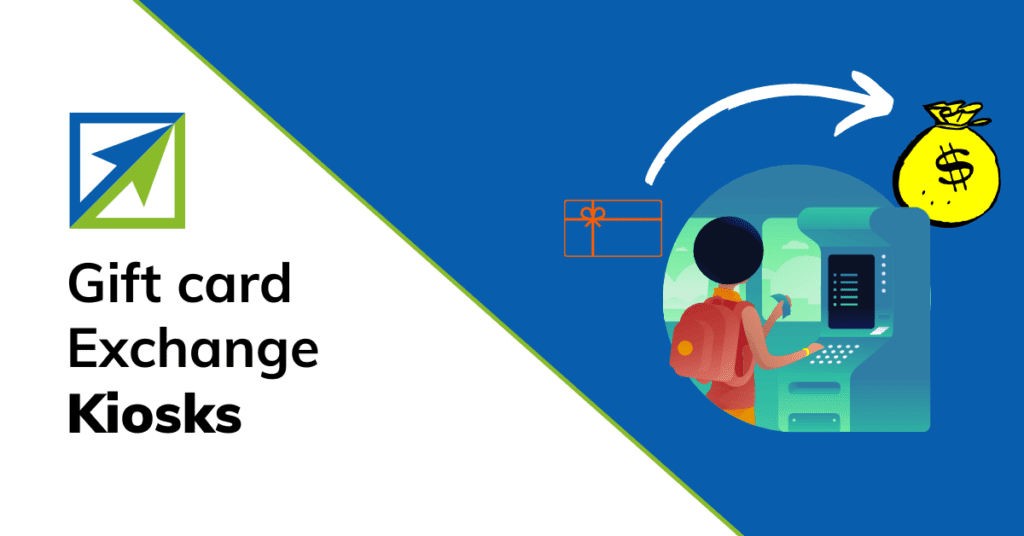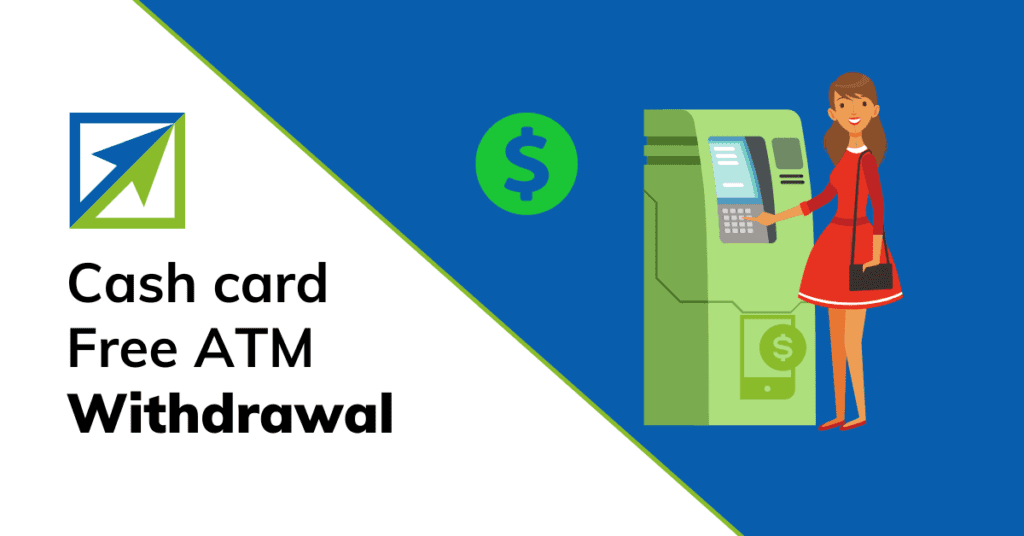This post may contain affiliate links from which I may earn a commission without any cost to you. Read our policy for details.
Cash App is a popular financial platform that lets you send and receive money, buy stocks and bitcoin, and access banking services through your mobile device. It has over 50 million active users, and with such popularity and convenience comes the risk of scams and fraud.
In this article, you will learn what Cash App scams are, how they work, how to identify them, how to avoid them, and what to do if you fall victim to one.
Key point: Cash App scams are fraudulent schemes that use Cash App’s features or names to trick users into sending money or revealing personal information. They can cause financial losses, identity theft, and emotional distress. To avoid Cash App scams, you should always verify the source and legitimacy of any Cash App request or communication, never share your personal or account information with anyone, and report any suspicious activity to Cash App and law enforcement.
But before that, if you are still not using Cash App, here is your chance to get $5 free instantly and hundreds of dollars down the line if you follow my advice here on how to get free money on Cash App.
Understanding Cash App Scams
A scam is a dishonest scheme that aims to deceive someone into giving up money or personal information. Scammers use various methods and tactics to exploit people’s emotions, fears, or desires. They often target people who are vulnerable, desperate, or uninformed.
Cash App scams are scams that specifically use Cash App’s features or names to carry out their schemes. Scammers may misuse Cash App in several ways, such as:
- Pretending to be Cash App customer service representatives and asking for your account information or sign-in code.
- Promising to multiply your money if you send them a certain amount through Cash App.
- Sending you payment requests from strangers or fake accounts for goods or services that do not exist or are not delivered.
- Sending you fake Cash App links or QR codes that lead to phishing websites or malware downloads.
- Selling you fraudulent goods or services through Cash App that are not as advertised or are defective.
Common Cash App Scams
Here are some of the most common types of Cash App scams that you should be aware of:
1. Scams Involving Fake Customer Service Numbers
One of the most prevalent Cash App scams involves scammers posing as Cash App customer service representatives and asking for your account information or sign-in code.
They may contact you through phone calls, text messages, emails, or social media platforms. They may claim that they need to verify your identity, resolve an issue with your account, or offer you a refund or reward. However, their real intention is to access your account and steal your money.
Cash App does not have a direct phone line for customer service other than 1 (800) 969-1940. The only other way to contact Cash App support is through the app itself or the official website. You should never call any number that claims to be Cash App customer service, nor should you give out your personal or account information to anyone who contacts you unsolicited.
2. “Flipping” Scams Promising to Multiply Your Money
Another Cash App scam involves scammers promising to multiply your money if you send them a certain amount through Cash App.
They may claim that they have a special software, system, or connection that can increase your funds in minutes.
They may also use fake testimonials, screenshots, or videos to convince you of their legitimacy. However, once you send them your money, they will either block you, ask for more money, or disappear.
Cash App does not have any feature or program that can multiply your money. Any offer that sounds too good to be true is likely a scam. You should never send money to anyone who promises to increase it without any risk or effort.
3. Payment Requests From Strangers
This common Cash App scam involves scammers sending you payment requests from strangers or fake accounts for goods or services that do not exist or are not delivered.
They may claim that they are selling something that you are interested in, such as tickets, electronics, clothing, or gift cards. They may also claim that they are collecting donations for a charity, cause, or event.
However, once you pay them through Cash App, they will either send you nothing, send you something different from what you ordered, or refuse to refund you.
Cash App does not offer buyer protection or dispute resolution for transactions made through the app. You should only pay people that you know and trust through Cash App. You should also verify the identity and reputation of any seller or organization before making a purchase or donation.
4. Scams Involving Fake Cash App Links and QR codes
In this Cash App scam, scammers send you fake Cash App links or QR codes that lead to phishing websites or malware downloads.
They may claim that they are sending you money, a refund, a reward, or a verification code through Cash App. However, once you click on the link or scan the QR code, they will either redirect you to a website that asks for your personal or account information, download malicious software that can compromise your device’s security, or access your camera and microphone without your permission.
Cash App does not send links or QR codes through email, text messages, or social media platforms. You should only use the official app or website to access your account and transactions. You should also avoid clicking on any suspicious links or scanning any unfamiliar QR codes.
5. Scams Involving Fraudulent Goods or Services
Another common Cash App scam involves scammers selling you fraudulent goods or services through Cash App that are not as advertised or are defective.
They may claim that they are offering something that is in high demand, rare, discounted, or exclusive. They may also use fake reviews, ratings, images, or videos to lure you into buying their products or services.
However, once you pay them through Cash App, they will either deliver nothing, deliver something different from what you ordered, or deliver something that is damaged, broken, or faulty.
As we said earlier, Cash App does not offer buyer protection or dispute resolution for transactions made through the app, so you should only buy goods or services from reputable and verified sellers through Cash App.
The Impact of Cash App Scams
Cash App scams can have serious consequences for both individuals and businesses. Some of the potential impacts include:
- Financial losses: You may lose some or all of the money that you sent or received through Cash App. You may also incur additional fees or charges from your bank or card issuer.
- Personal information theft: You may expose your personal or account information to scammers, who may use it to access your other accounts, steal your identity, or commit fraud in your name.
- Emotional distress: You may feel angry, frustrated, embarrassed, or violated by being scammed. You may also lose trust in others or in online platforms.
How to Identify Cash App Scams
To protect yourself from Cash App scams, you need to be able to identify them. Here are some signs of fraudulent activity that you should watch out for:
- Unsolicited contact: If someone contacts you out of the blue claiming to be from Cash App customer service, offering you money, asking for payment, or requesting your personal or account information, it is likely a scam.
- Urgency: If someone pressures you into making a decision quickly, threatens you with negative consequences, or creates a sense of scarcity, it is likely a scam.
- Inconsistency: If someone’s communication style, language, or tone does not match their profile, name, or image, it is likely a scam.
- Unprofessionalism: If someone’s email address, phone number, website, or social media account looks suspicious, contains spelling errors, or does not match the official ones from Cash App, it is likely a scam.
- Unrealistic promises: If someone offers you something that sounds too good to be true, such as multiplying your money, giving you free cash, or selling you something at an unbelievable price, it is likely a scam.
How to Avoid Cash App Scams
To avoid falling victim to Cash App scams, you need to follow some best practices for secure transactions. Here are some tips on how to avoid Cash App scams:
1. Verify the source and legitimacy of any Cash App request or communication
Before sending or receiving money through Cash App, make sure that you know who you are dealing with. Check their profile picture, name, and $Cashtag.
If possible, contact them through another channel to confirm their identity. Do not trust any phone number, email address, website, or social media account that claims to be from Cash App customer service unless it is verified by the official app or website.
2. Keep your personal and account information private
Never share your sign-in code, PIN code, passwords,social security number,bank account details, card details,or any other sensitive information with anyone, even if they claim to be from Cash App customer service or someone you know.
Scammers may use this information to access your account and steal your money. If someone asks for this information, hang up, delete, or block them immediately.
3. Be careful with sharing your $Cashtag
Your $Cashtag is a unique identifier that allows people to send and request money from you through Cash App. However, it can also be used by scammers to send you payment requests or phishing links.
You should be careful with sharing your $Cashtag with people you do not know or trust. You should also check the profile picture, name, and verification badge of any $Cashtag before making a payment.
Your Cash App PIN and sign-in code are the keys to your account. They are used to authorize transactions and access your account settings.
You should never share them with anyone, even if they claim to be from Cash App customer service or someone you know. Scammers may use them to access your account and steal your money.
5. Report any suspicious activity to Cash App and law enforcement
If you encounter any Cash App scam or fraud, you should report it to Cash App and law enforcement as soon as possible. You can report a scam through the app by tapping on the profile icon, selecting Support, and choosing Something Else.
Also, contact Cash App support through the official website. You can also file a complaint with the Federal Trade Commission (FTC).
What to Do If You’ve Been Scammed
If you have been scammed through Cash App, you should take the following steps immediately:
- Cancel the payment: If you sent money to a scammer through Cash App, you should try to cancel the payment as soon as possible. You can do this by tapping on the Activity tab, selecting the payment, and tapping Cancel Payment. However, this option may not be available if the payment has already been completed or accepted by the recipient.
- Contact Cash App support: If you cannot cancel the payment or if you received money from a scammer, you should contact Cash App support and explain the situation. They may be able to help you reverse the transaction or freeze your account. You can contact Cash App support through the app or the official website.
- Contact your bank or card issuer: If you linked your bank account or debit card to Cash App, you should also contact your bank or card issuer and inform them of the scam. They may be able to help you dispute the transaction or block any unauthorized charges.
- Change your passwords and PINs: If you shared your personal or account information with a scammer, you should change your passwords and PINs for Cash App and any other accounts that may be affected. You should also enable two-factor authentication for extra security.
- Monitor your credit reports: If you shared your social security number or other sensitive information with a scammer, you should monitor your credit reports for any signs of identity theft. You can get a free copy of your credit report from each of the three major credit bureaus (Equifax, Experian, and TransUnion). You can also place a fraud alert or a credit freeze on your credit reports to prevent new accounts from being opened in your name.
Stay Vigilant & Protected From Cash App Scams
Cash App is a convenient and versatile financial platform that offers many benefits for users. However, it also comes with some risks of scams and frauds that can cause serious harm.
To avoid Cash App scams, you should always verify the source and legitimacy of any Cash App request or communication, never share your personal or account information with anyone, and report any suspicious activity to Cash App and law enforcement.
By staying informed and vigilant, you can enjoy using Cash App safely and securely.
Related Reading:
- What to do if sent money by mistake on Cash App
- What to do if received money from a stranger on Cash App
- What to do if scammed on Cash App
- How to choose the unique $Cashtags
FAQs
Here are some frequently asked questions about Cash App scams:
How can I tell if a $Cashtag is verified?
A verified $Cashtag has a blue verification badge next to it. This means that Cash App has confirmed that the account belongs to a public figure, celebrity, or global brand.
However, this does not guarantee that the account is trustworthy or safe. You should still verify the identity and reputation of any $Cashtag before making a payment.
Can I get my money back if I was scammed on Cash App?
It depends on the situation. If you sent money to a scammer through Cash App, you may be able to cancel the payment if it has not been completed or accepted by the recipient.
However, if the payment has already gone through, it may be difficult or impossible to get your money back. You should contact Cash App support and explain the situation. They may be able to help you reverse the transaction or freeze your account.
You should also contact your bank or card issuer and inform them of the scam. They may be able to help you dispute the transaction or block any unauthorized charges.
Sumeet is a Certified Financial Education Instructor℠ (CFEI®) and the founder of Dollarsrise. He has been writing about earning extra cash online from his personal experiences for the last four years and his work has been quoted in top finance websites like Yahoo! Finance, GOBankingRates, CNBC, and more. Follow this website to learn easy and real-life hacks to raise your pile of dollars.



